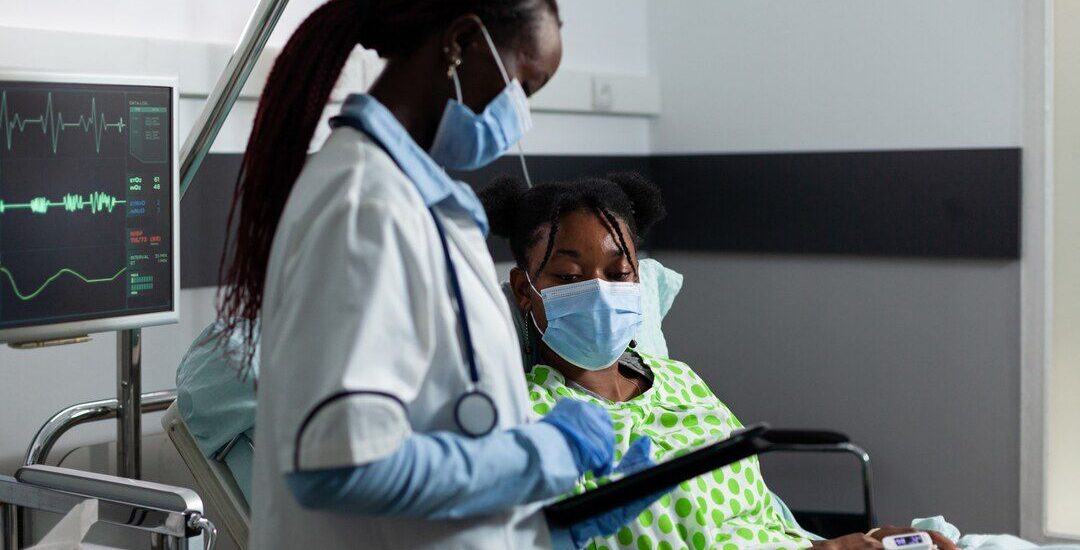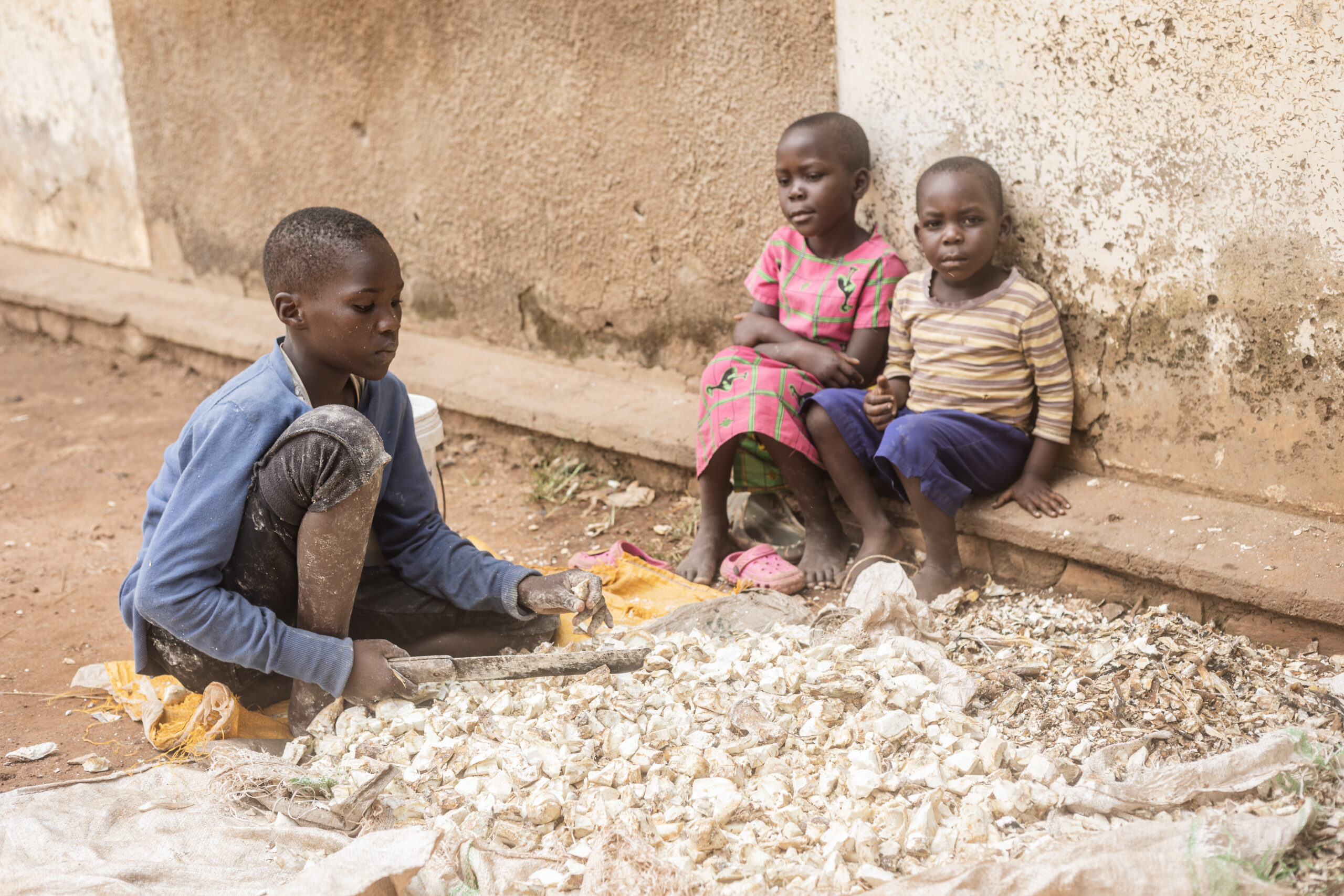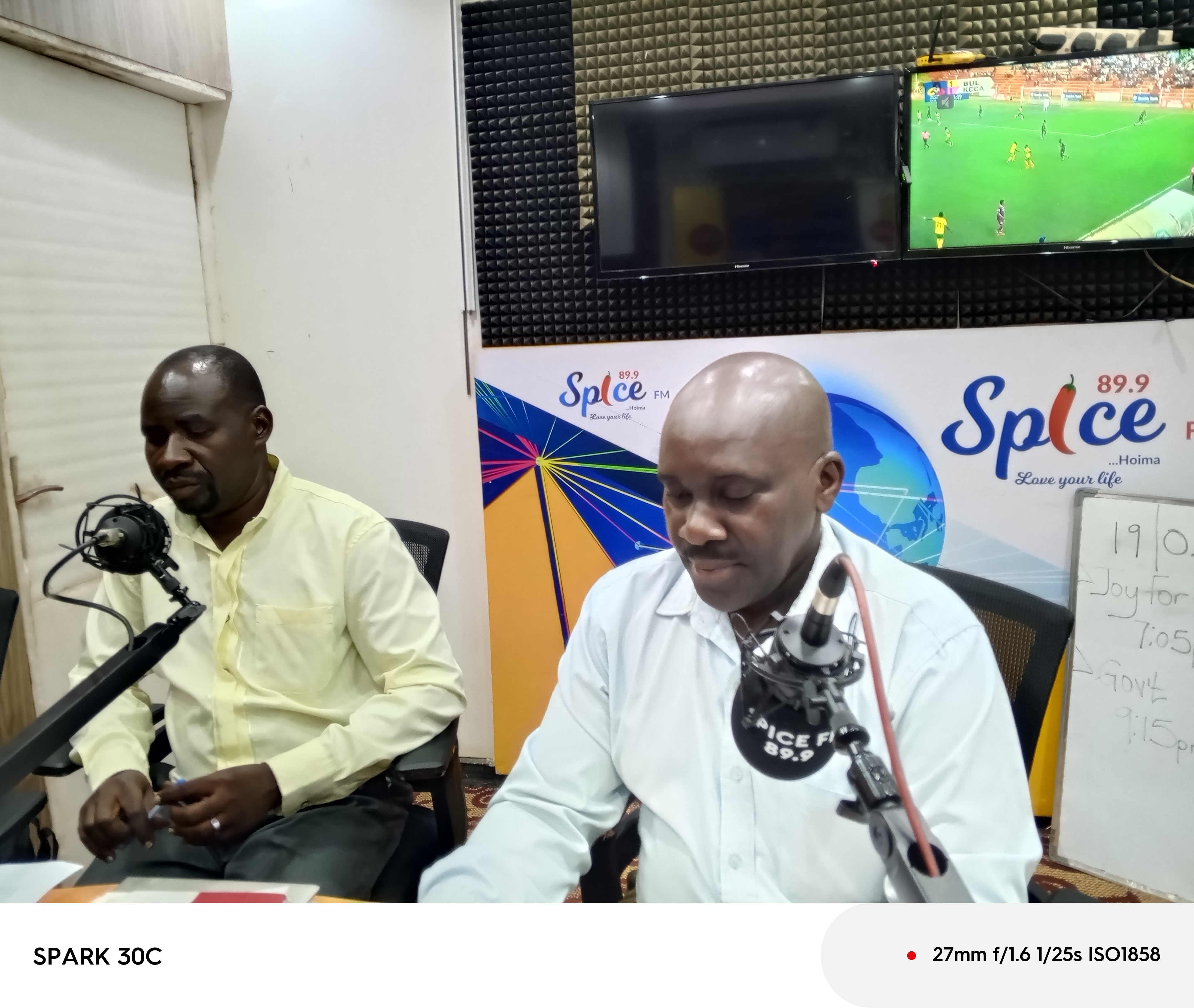Uganda is on the brink of a major health crisis following the withdrawal of USAID funding, a decision that has disrupted critical programs across the country. The immediate impact is being felt in health facilities like Komamboga Hospital, where thousands of people relying on lifesaving HIV treatment and prevention services have been left stranded.
According to Francis Otukej a health worker at Komamboga Hospital, the situation is dire. “Eighty percent of the staff in our ART clinic is no longer reporting to duty, yet the facility is overwhelmed with clients seeking HIV services,” he reveals. “The few remaining volunteer health workers are being supported by KCCA staff, but they are too few and unreliable to meet the growing demand.”
The hospital, which serves over 12,000 patients on ARVs, has been forced to shut down its community pharmacy under the Shillo Program. The fast-track drug refill window has also been closed, leaving all patients dependent on an understaffed ART clinic. “We are already running short of ARVs,” Otukei warns. “Patients can no longer receive more than a Three-month supply, and there’s no information from the Ministry of Health on what happens next.”
The withdrawal of funding has also severely impacted services beyond HIV treatment. The Orphans and Vulnerable Children program, which provided school fees and nutritional support, has been halted. “These children are now left at the mercy of well-wishers after USAID implementing partners withdrew due to the funding suspension,” says Otukei
Prevention services such as voluntary medical male circumcision, self-testing HIV kits, and outreach programs targeting high-risk populations have also been suspended. “Without PEP and PrEP, we expect an increase in new HIV infections. Health workers can no longer follow up on patients who not picking drugs and non-suppressed viral load patients in their homes, which raises the risk of spreading the virus further,” he adds.
The psychological toll on patients is equally concerning. “Many HIV-positive individuals are in a state of panic due to social media trending news that hospitals will soon run out of drugs,” Otukei explains. “I’ve been receiving numerous calls from patients asking if the rumors are true.”
Among those deeply affected is Janet (not her real name), a 36-year-old mother of three living with HIV. As a breastfeeding mother in a discordant relationship, she is deeply worried about her child’s and husband’s well-being. “Previously, when I couldn’t make it to the hospital, health workers ensured I received my medication at home,” she recounts. “Now, with all these disruptions, I fear for my family’s future.”
Even when her viral load was not suppressed during her pregnancy, health workers were able to reach out to her after the test, ensuring that she received the necessary intervention to save her baby’s life. “Without these dedicated health workers, I don’t know what would have happened,” she shares. “But now, with the funding halted, many mothers in similar situations may not be as lucky.”
She also faces growing stigma. “Some people in my community are saying that all HIV patients are going to die during this period because there are no drugs,” she says. “It’s heartbreaking to hear such things, especially when I know that so many people depend on this treatment to survive.” The uncertainty and lack of clear communication from authorities have fueled panic among people living with HIV, leaving many feeling abandoned and hopeless”.
Beyond Komamboga Hospital, the ripple effects of the funding withdrawal are being felt nationwide. Uganda is one of the most affected countries, with 1,416,800 people currently on ART treatment across 2,051 health facilities. Each day, an estimated 41 babies in Uganda are born with HIV due to the halt in services preventing mother-to-child transmission. Over a 90-day period, this could result in more than 3,690 newborns acquiring HIV.
Additionally, PEPFAR’s Orphans and Vulnerable Children program supported 1,443 children per day in Uganda. With the funding halted, these children have lost access to essential services, leaving them more exposed to malnutrition, exploitation, and school dropouts. Gender-based violence survivors are also affected, with 692 individuals per day in Uganda now unable to receive post-violence care, including rape kits and HIV prevention services.
The Ugandan health sector has suffered a significant setback as the unique service delivery models designed to support HIV patients have all been halted. While the new directive states that lifesaving medicines such as ARVs will continue to be provided, there is much more to HIV care than just medication.
Thousands of vulnerable individuals, particularly in hard-to-reach and underserved communities, are now being left without essential support systems. Previously, health workers conducted community outreach programs, ensuring that those unable to visit health facilities still had access to treatment, testing, and counseling.
The impact is particularly severe for pregnant women living with HIV, who rely on proactive health interventions to prevent mother-to-child transmission. Without routine follow-ups and community-based support, many infants who could have been protected may now be born with the virus. Additionally, stigma and misinformation are spreading rapidly, with some communities believing that “all HIV patients will die during this period” due to the disruptions in service delivery.
This crisis highlights that ARVs alone are not enough. Comprehensive HIV care requires continuous patient engagement, prevention services, and psychosocial support—elements that are now largely unavailable.
Uganda is now at a crossroads, without urgent intervention, the country risks undoing decades of progress in HIV/AIDS prevention and treatment. Health workers fear that by the time the 90-day stoppage is over, thousands of lives will be lost, and the country’s vision of an AIDS-free society by 2030 will be severely derailed.
Recognizing the escalating crisis, Joy for Children Uganda has joined other civil society organizations in calling for urgent action. “The withdrawal of USAID funding has not only affected health services but has also put thousands of vulnerable children at risk,” Moses Ntenga the Executive Director Joy for Children Uganda states. “Many of the children supported by the Orphans and Vulnerable Children program now have no access to school fees, food, or psychosocial support. If an alternative solution is not found soon, we will see a rise in school dropouts, malnutrition, and exploitation.”
JFCU further warns that the funding withdrawal is undoing years of progress in HIV prevention and care. “We need immediate intervention from both the Ugandan government and the global health community to ensure that the most vulnerable are not left behind.”






